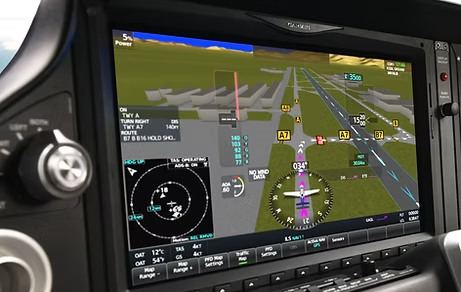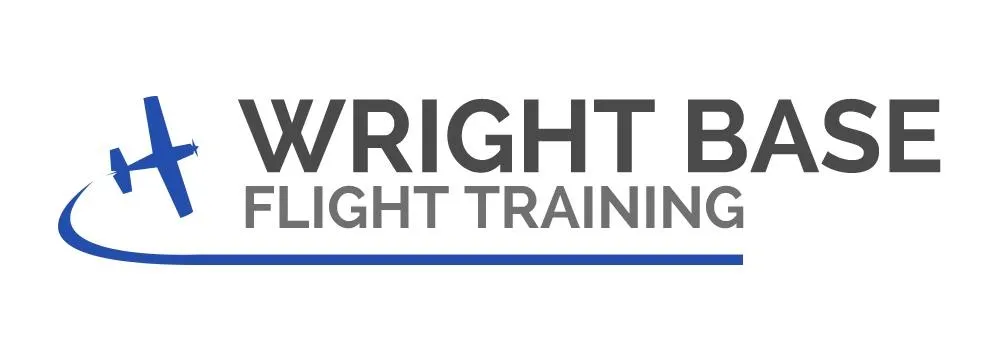Instrument Rating
If you're eager to expand your piloting horizons beyond the realms of private flight and navigate through varied weather conditions, obtaining an Instrument Pilot Certificate could be your next step. With this certification, you gain the ability to pilot single-engine aircraft through clouds and higher altitudes, offering enhanced flexibility in your travels and increased confidence in managing weather challenges.
Moreover, acquiring an instrument rating not only empowers you to explore new destinations with friends but also opens doors to opportunities in flight instruction, enabling you to share your expertise and passion with others on their own aviation journeys.
Pre-requisites
- Private Pilot License
- Proof of US Citizenship or TSA approval (again)
How to Start
- Schedule your first flight.
- Setup your schedule and lesson plan with your flight instructor
- Start flying (2 hr blocks twice a week is usually what works best)
Requirements
- Have at least a current third-class medical certificate
- 40 hours of instrument time (actual or simulated), 50 hours pilot in command, 15 hours of flight instruction, and one long IFR cross-country (over 250nm)
- Pass a knowledge test as well as the practical test

